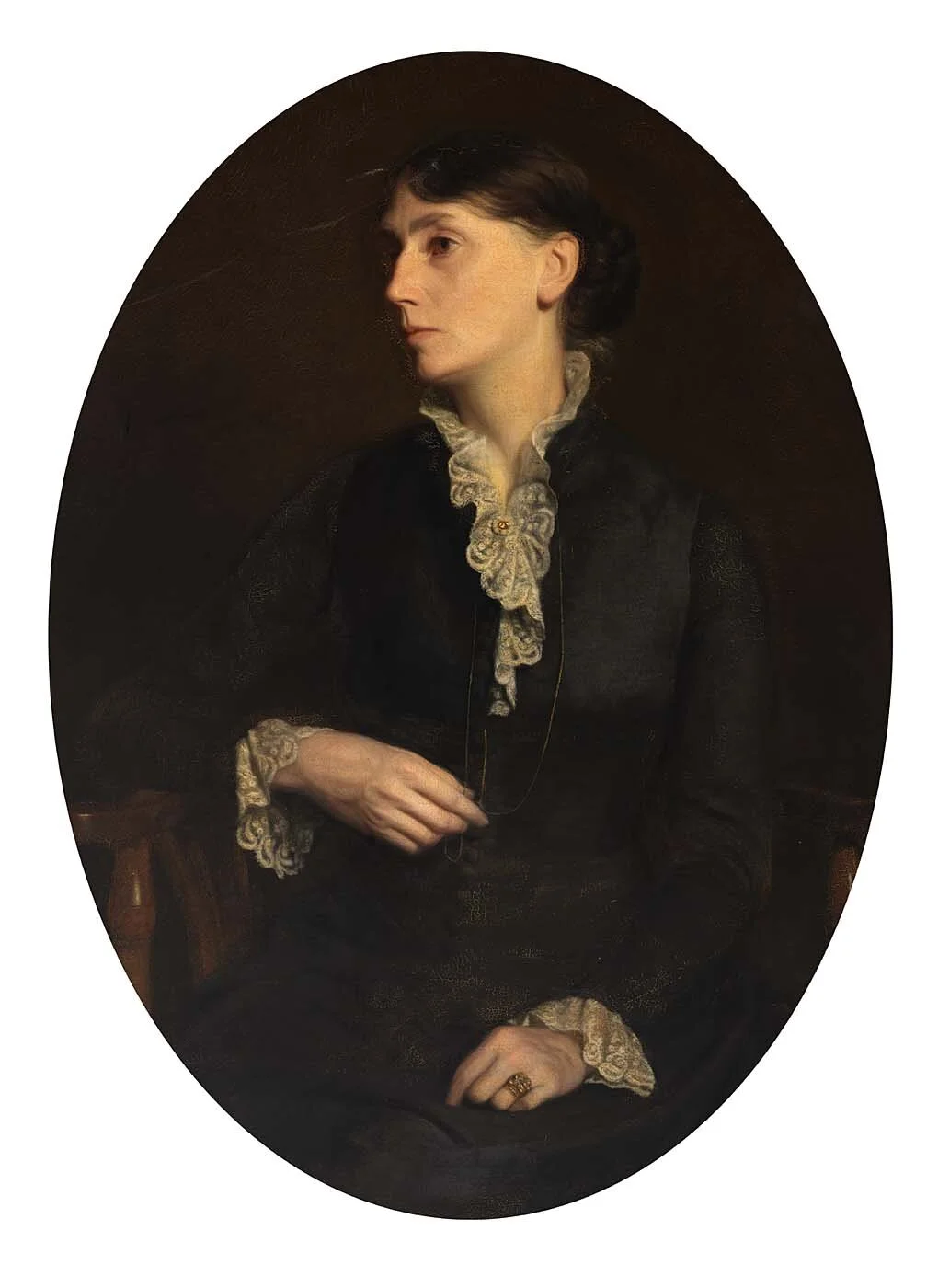Trollope spent some years in the United States, first at an anti-slavery community in Tennessee, then in Cincinnati, where she tried and failed to found a profitable retail business. She turned these failures to account in her first published work, The Domestic Manners of the Americans (1832), which established her literary reputation. She draws again on this material in her final installment of the Widow Barnaby trilogy.
“No writer of the present day possesses a quicker perception of the ridiculous, and a keener eye for detecting the weaknesses and defects in individual or national character, than Mrs. Trollope. To this add an almost masculine vigour of expression, and earnestness of purpose which leads her by the shortest route to the point at which she would arrive, a thorough contempt for the hypocritical conventionalities of society, and you have the key to a very remarkable literary paradox which exists with regard to this author’s works, namely, that although the majority of readers profess to dislike them, there are few contemporary writers who have acquired a greater degree of celebrity. . . . The fact is, she studies less the prejudices of her readers than the fidelity of her pictures. She shrinks not to paint nature as she finds it, to expose those hideous evils which rankle and fester beneath the decently disposed robes of society. . . . Here she . . . exposes the frightful moral taint which pervades society in all the southern states where the abominable system of slavery exists.” Sunday Times, August 13, 1843
We can “assure the reader of a hearty laugh at the versatile faculties of roguery wherewith the leading characters of the tale are endowed. Mrs. Trollope is never as much at home as when dealing with the foibles of her very good friends of the ‘model republic.’ Amidst a great deal of caricature, the most judicious friends of the Americans would admit that there is much in her writings which may serve for hints of a most useful kind.” Morning Post, August 23, 1843
Download this week’s novel:
https://archive.org/details/15529587.77771.emory.edu/page/n7/mode/2up




















